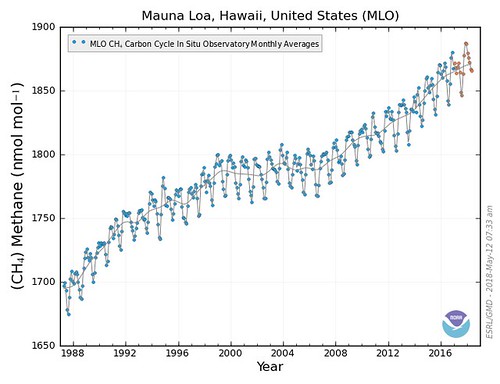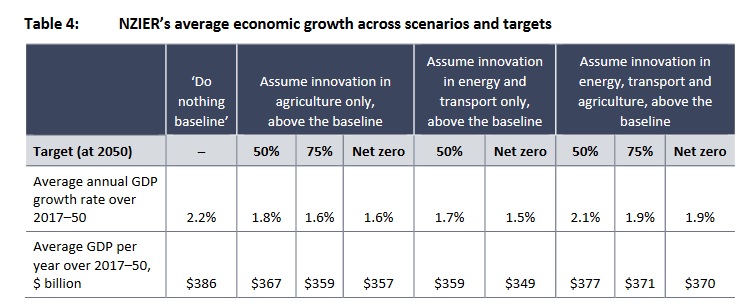A Canberra lawyer whose client exposed a secret Australian spying operation in East Timor has described the prosecution against them both as an attack on freedom of speech.
On Thursday, using parliamentary privilege, independent MP Andrew Wilkie revealed the Commonwealth Director of Public Prosecutions recently filed criminal charges against Bernard Collaery and his client, a former spy known only as "Witness K".
Witness K had raised concerns about a covert Australian Secret Intelligence Service (ASIS) operation he ran to bug East Timor's cabinet in 2004 during negotiations about an oil and gas treaty.
Mr Collaery, who once served as ACT attorney-general, described the move as a personal attack on him and his client, who cannot be named, and said it was a sad day for Australia.
So, they prosecuting a whistleblower for blowing the whistle on illegal and immoral behaviour, and a lawyer for representing their client, under a clause of the law which makes it illegal to reveal any information about government spying. It is simply persecution. And it highlights the danger of our own similar law, which has no public interest defence or protection for those who reveal illegal, but classified, activities here.
It gets worse. Because Australia has just passed an "espionage" law which would criminalise protests and which considers embarrassing the government or diminishing its international standing (e.g. by exposing poor policies) to be damage to "national security". Our nearest neighbour is turning into a nasty little authoritarian hellhole. I guess we've just got to hope that Australians wake up and stop it, before it is too late.




